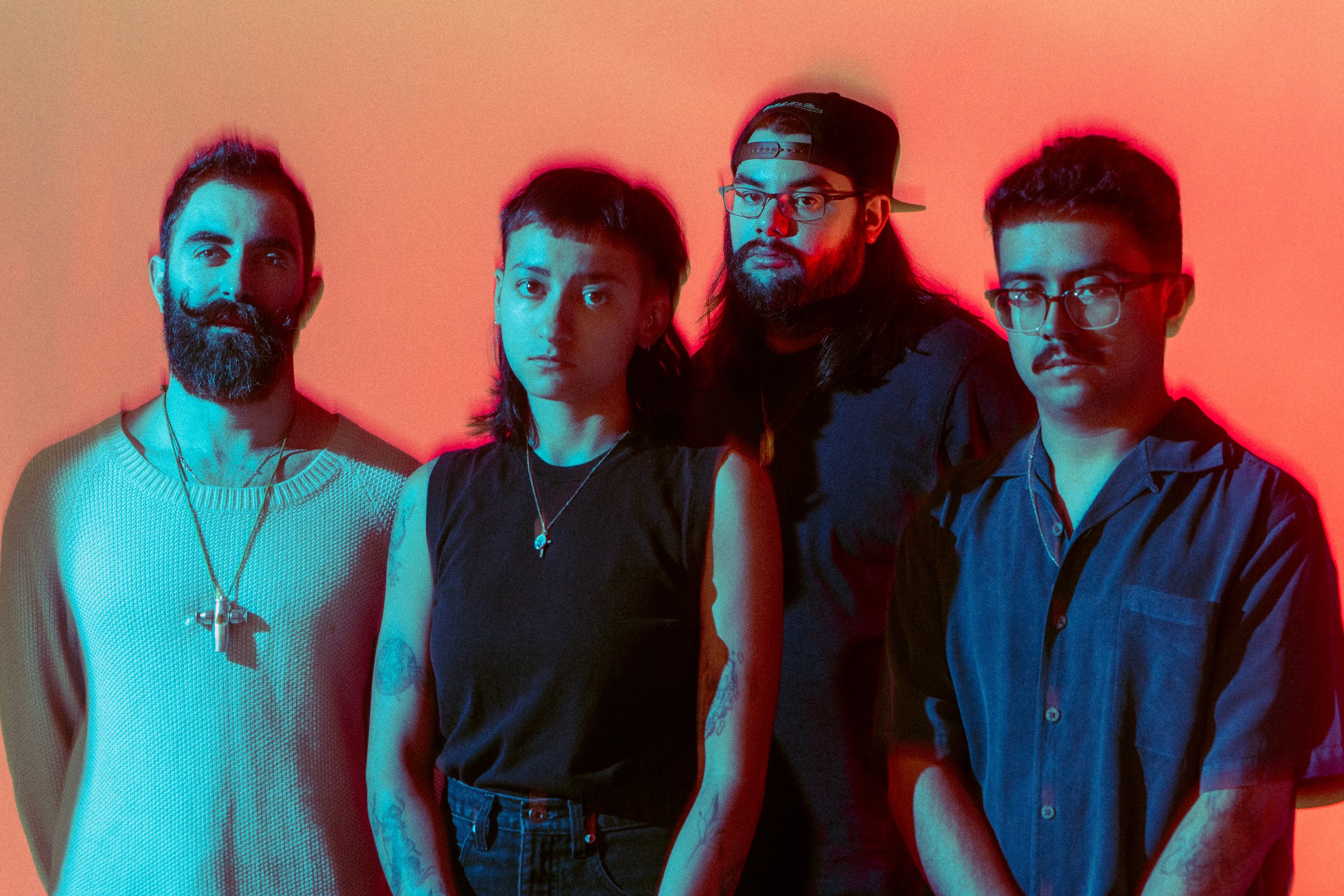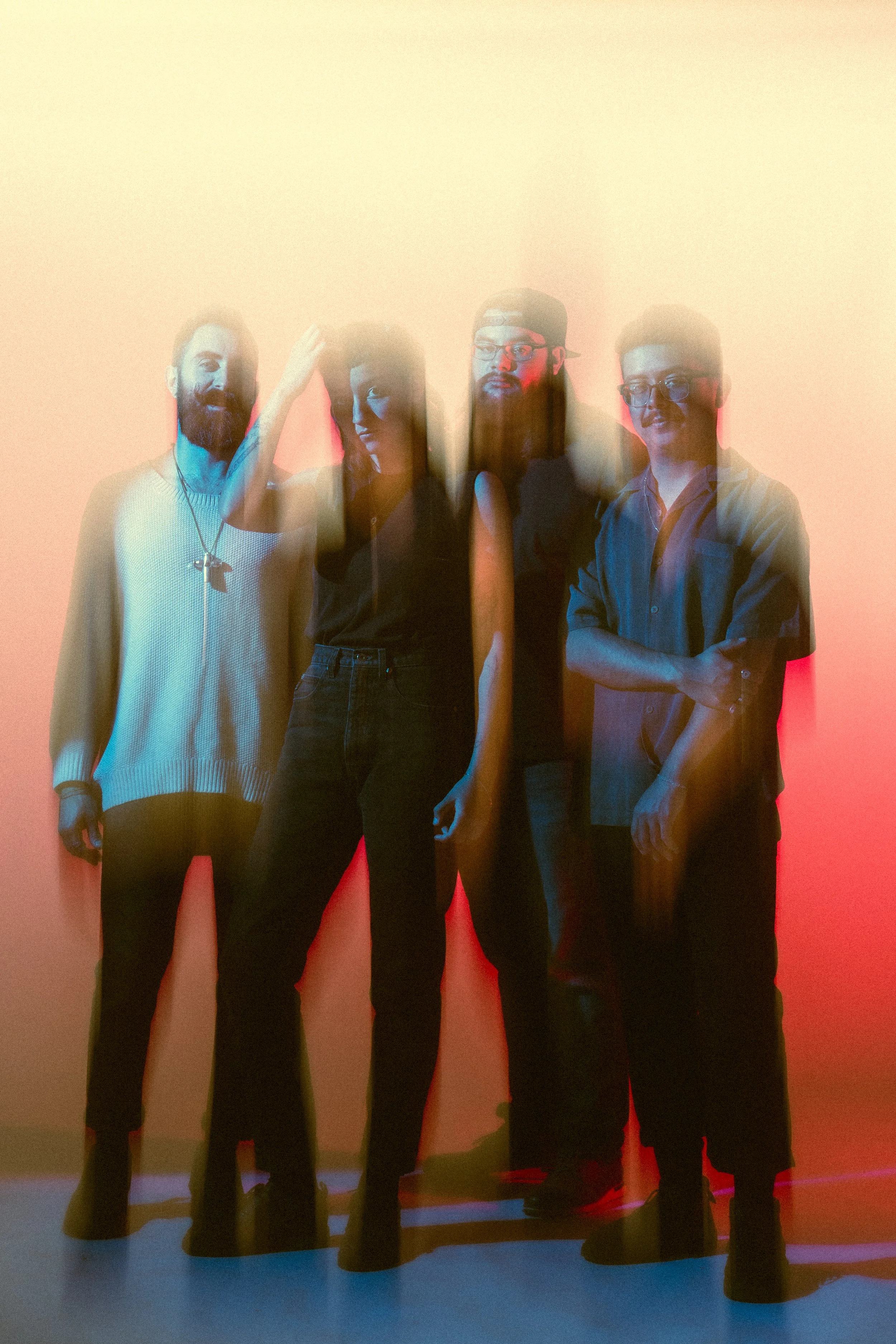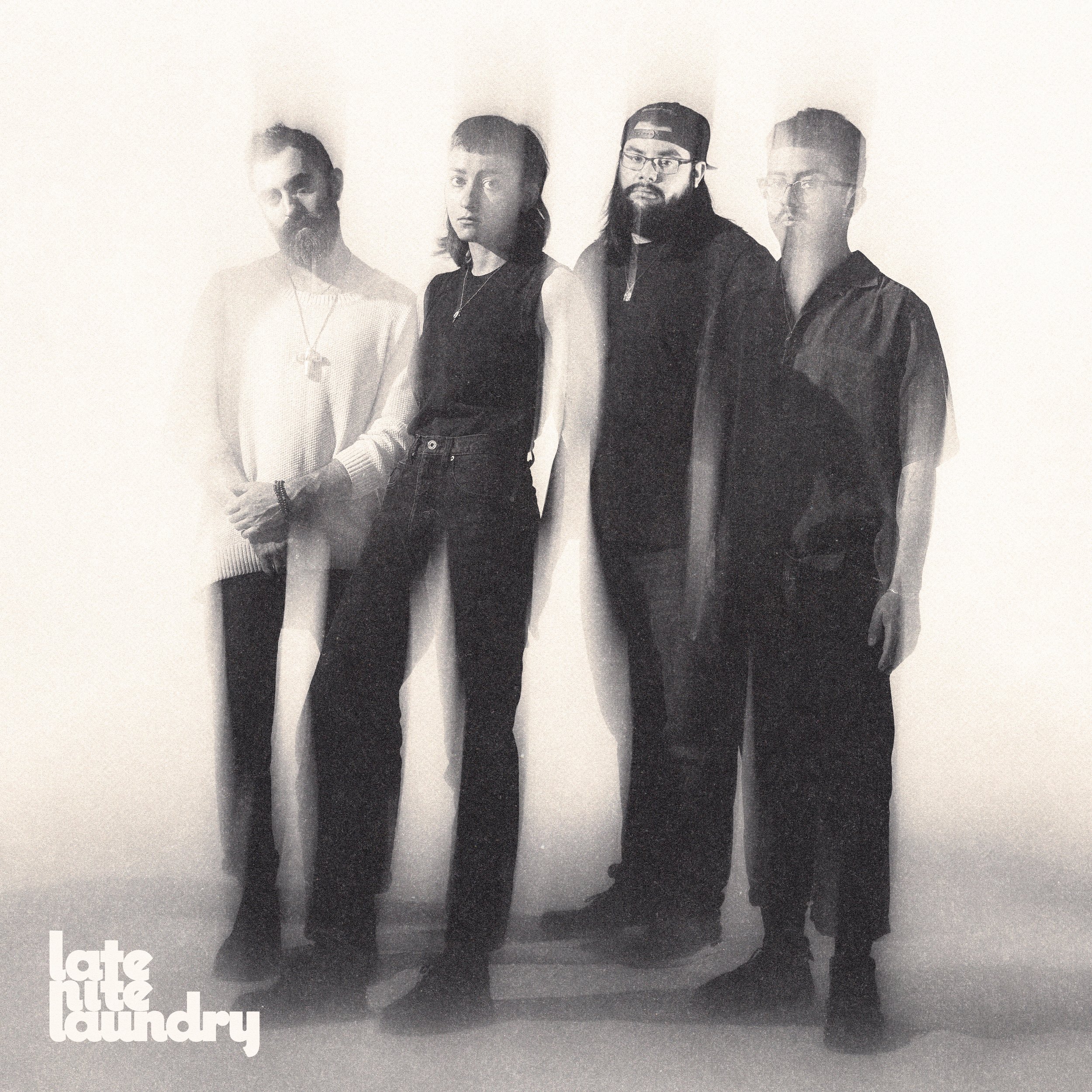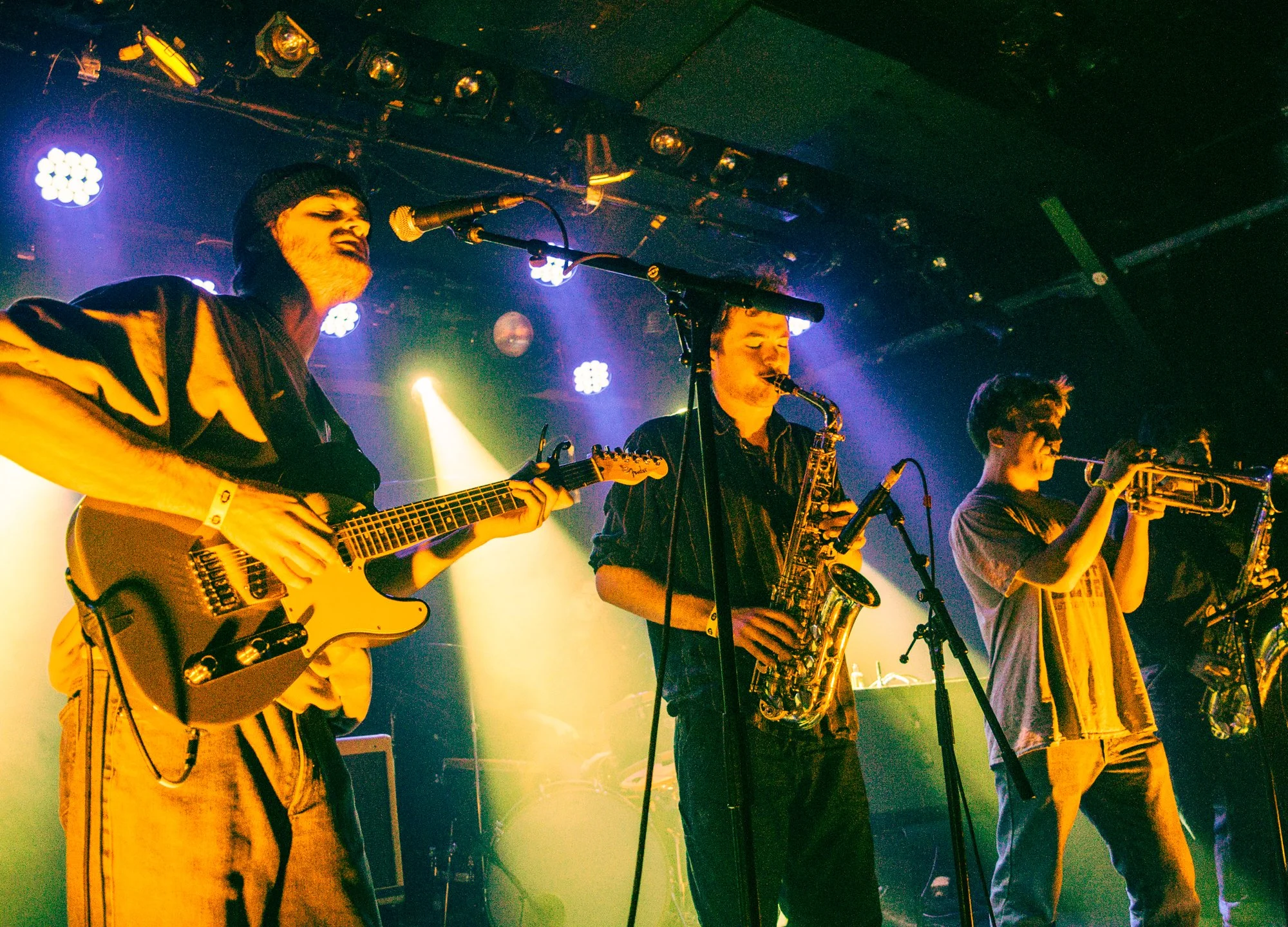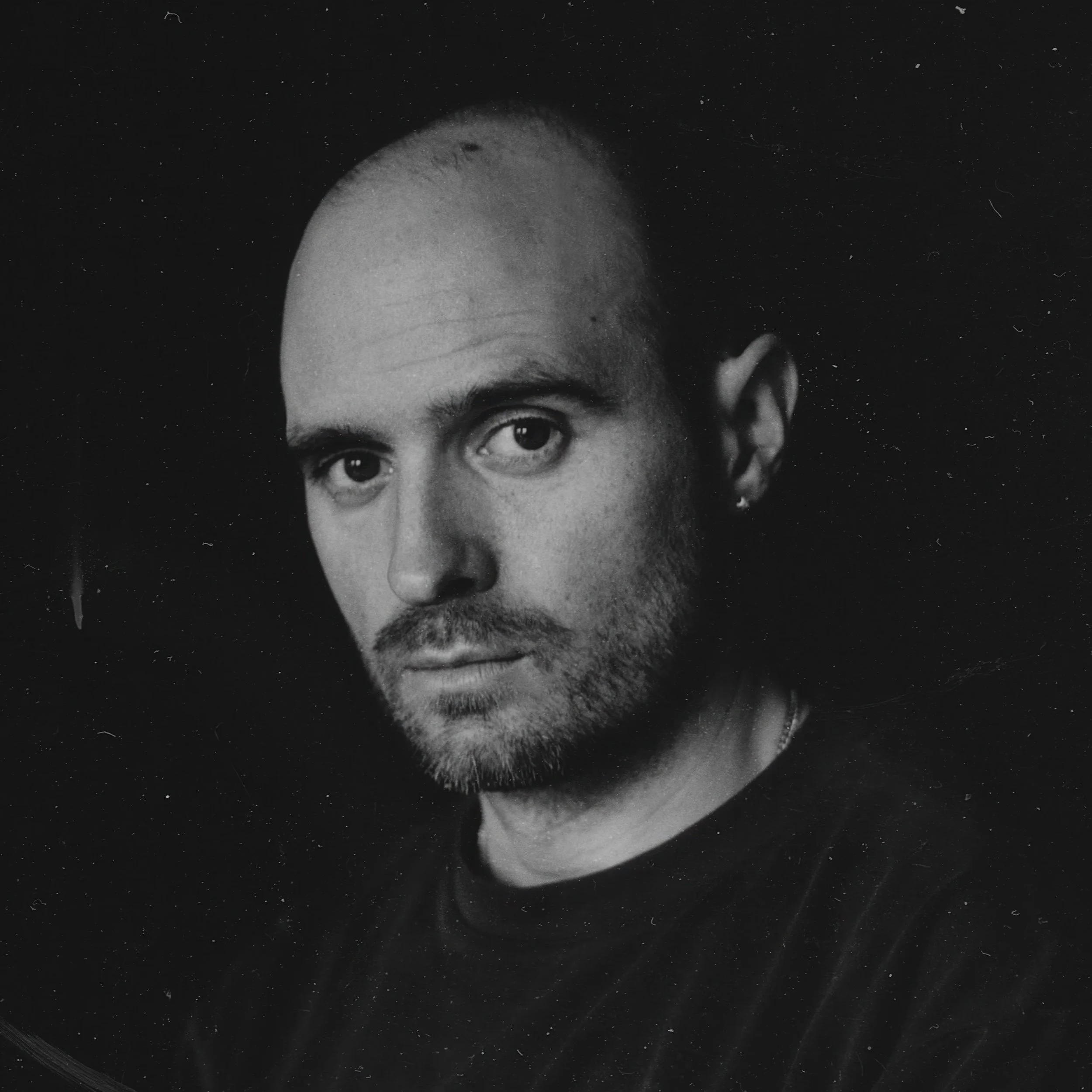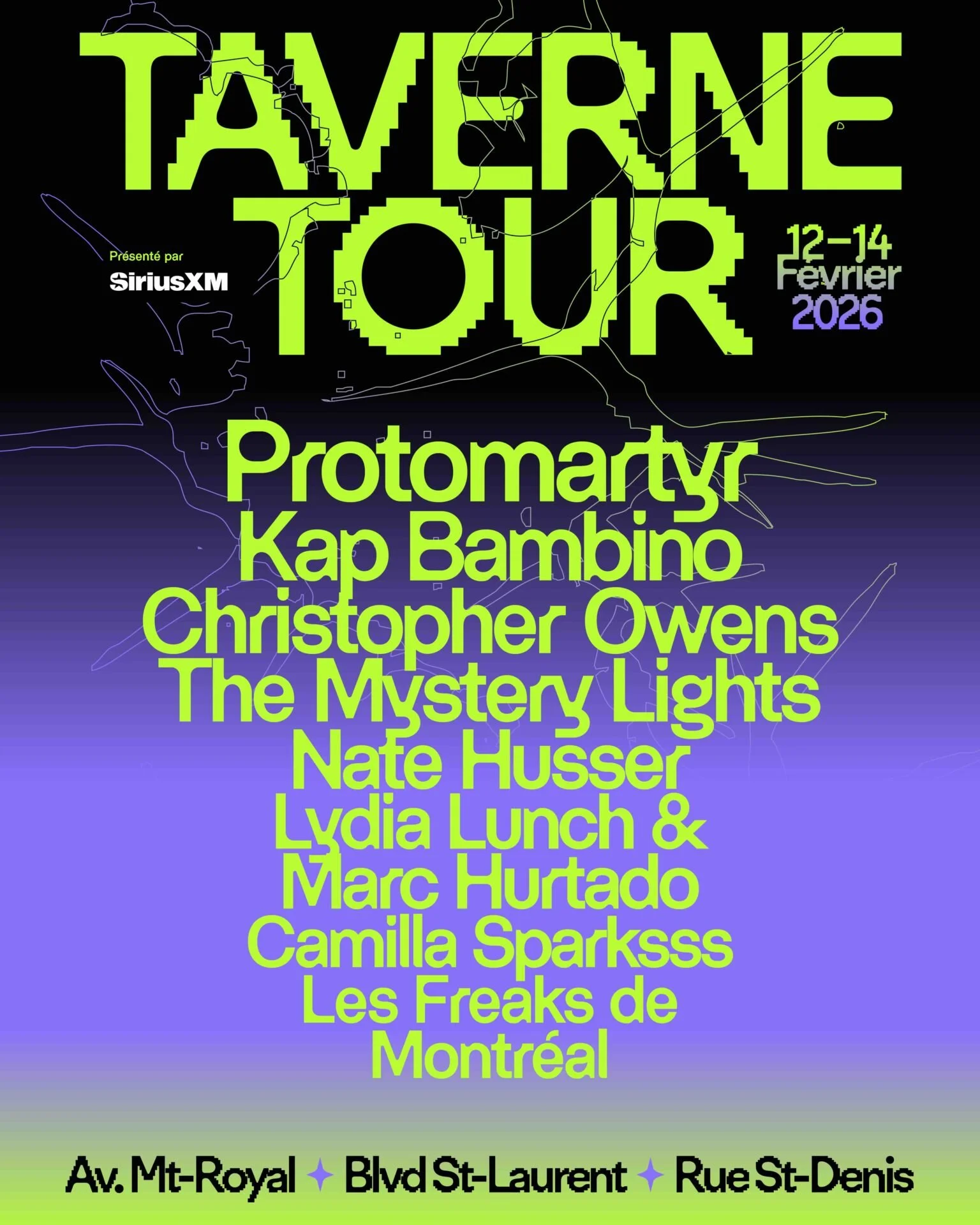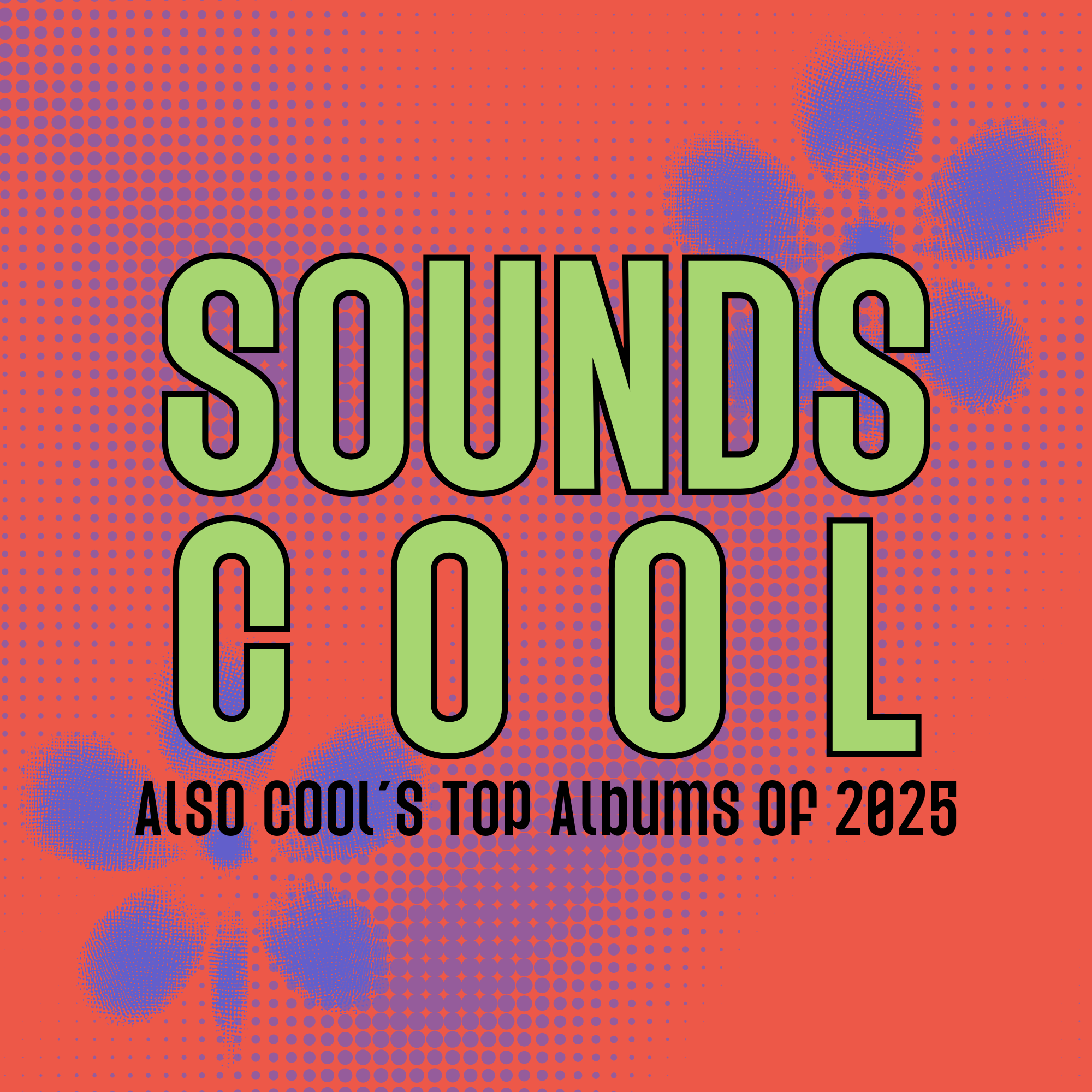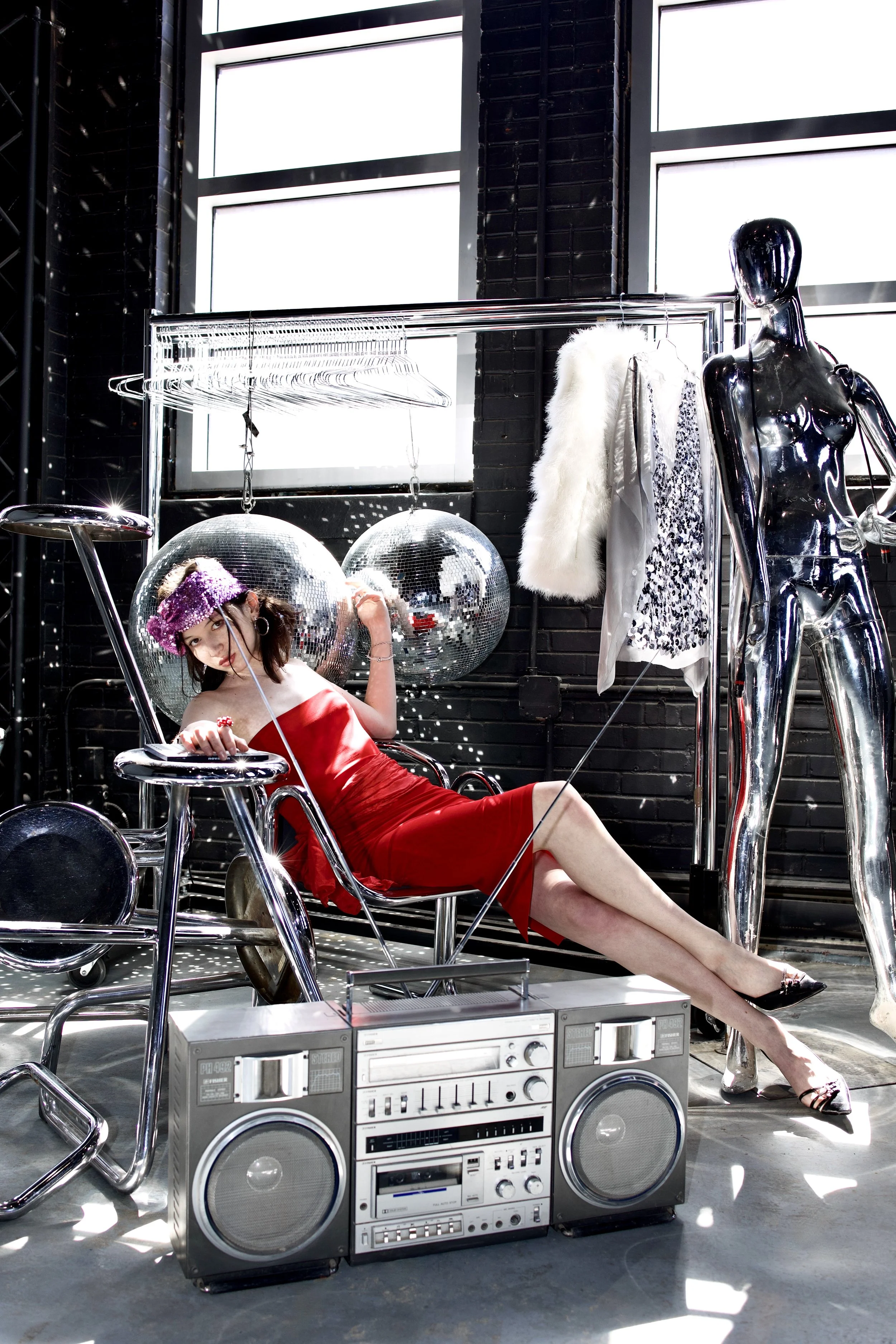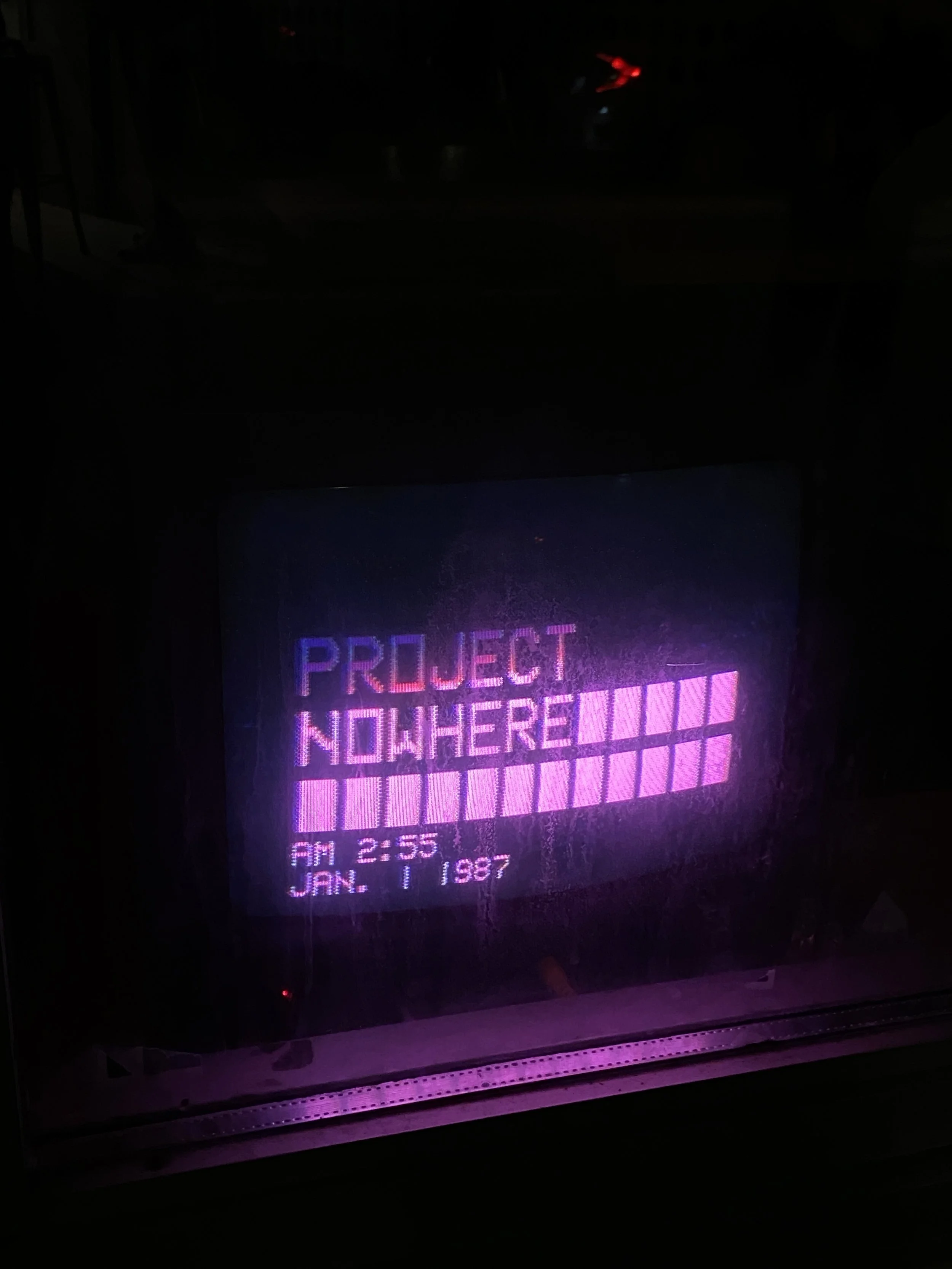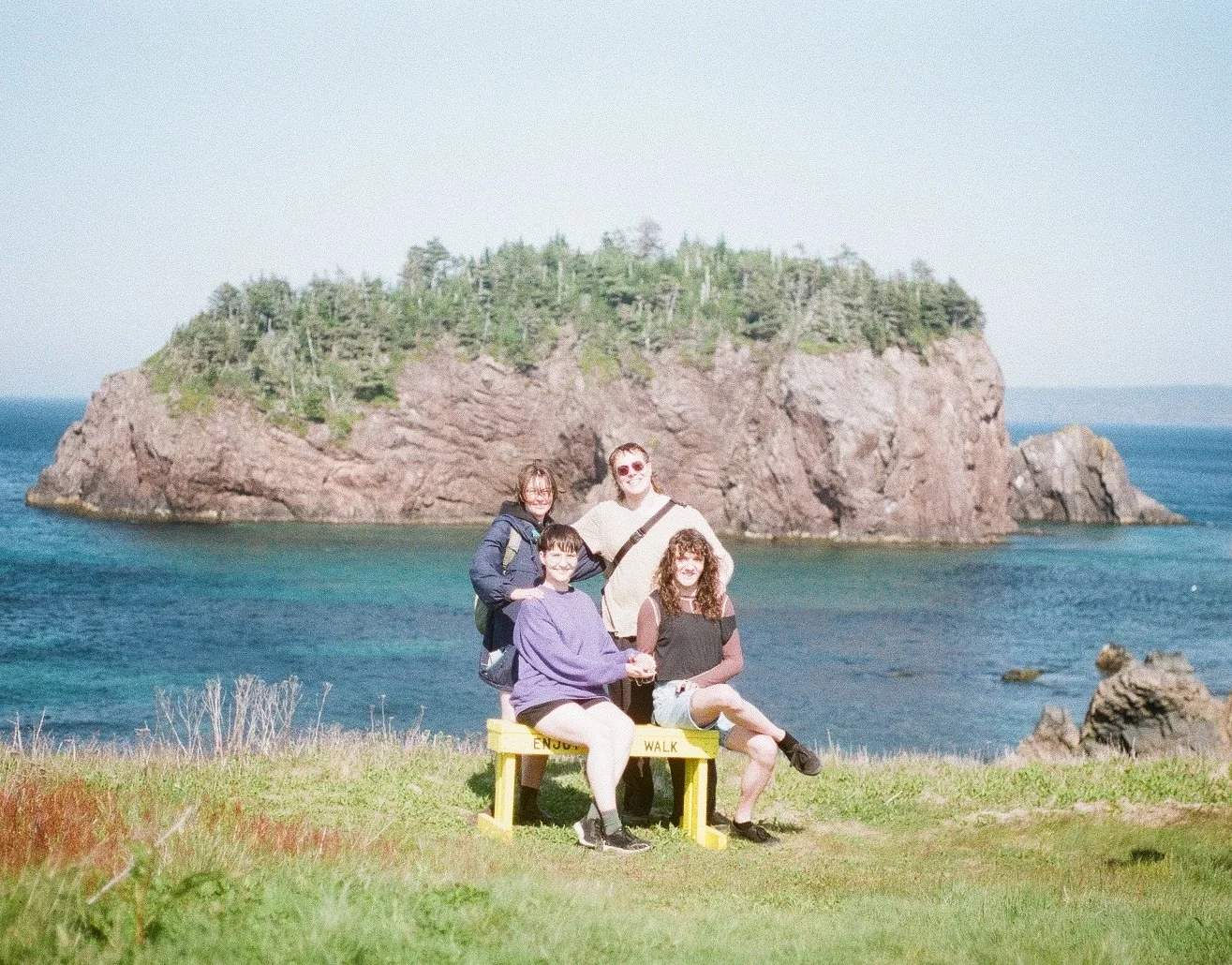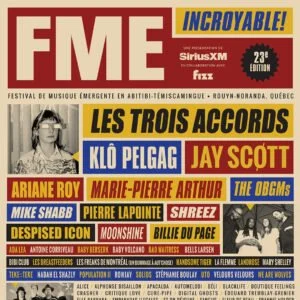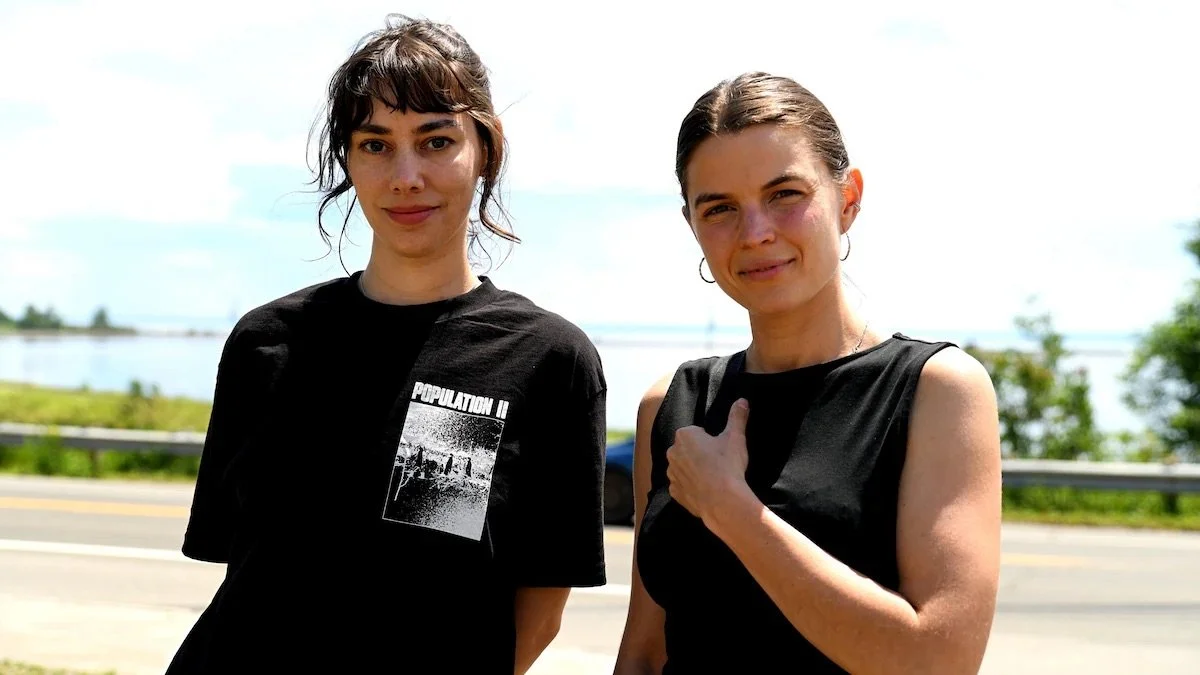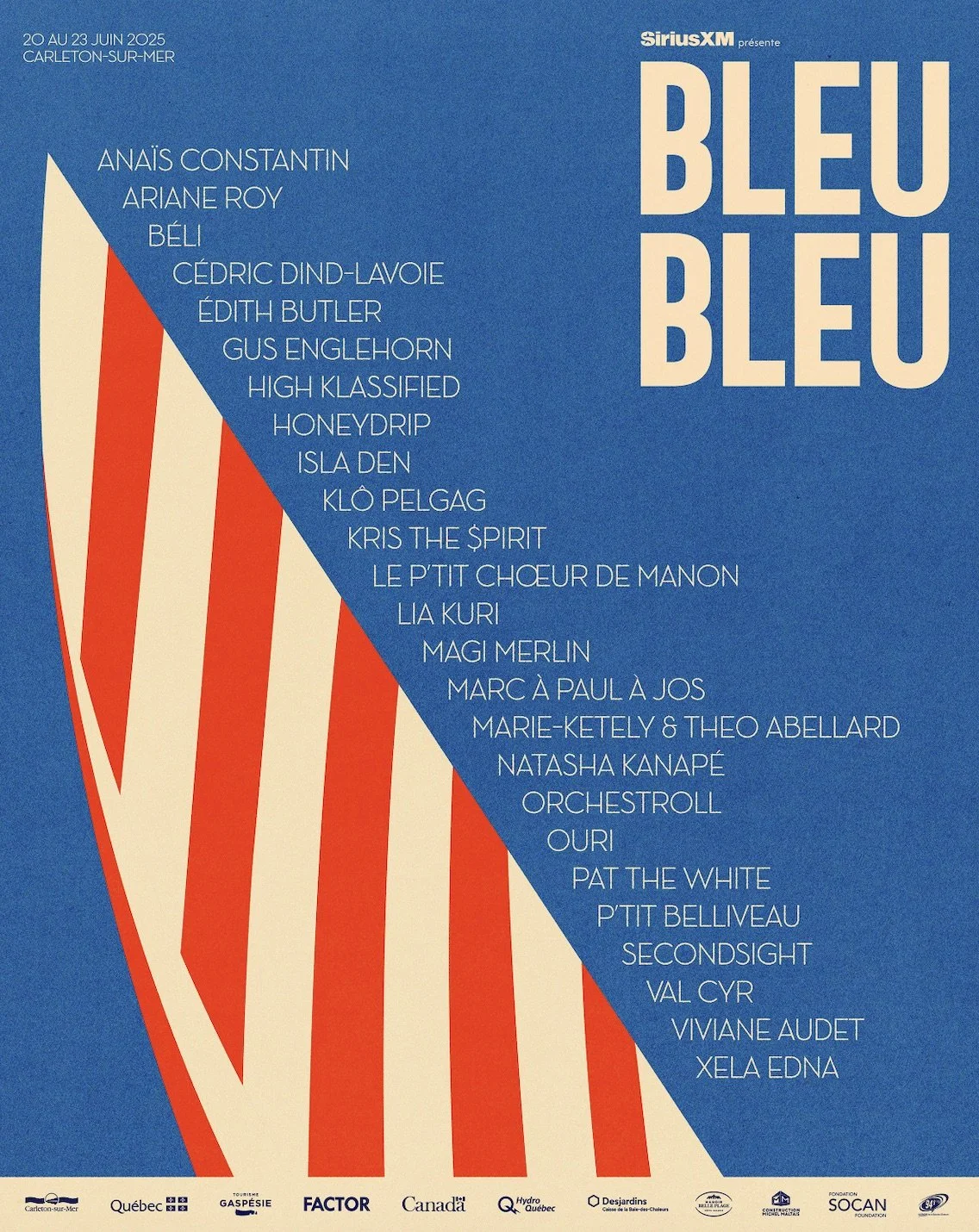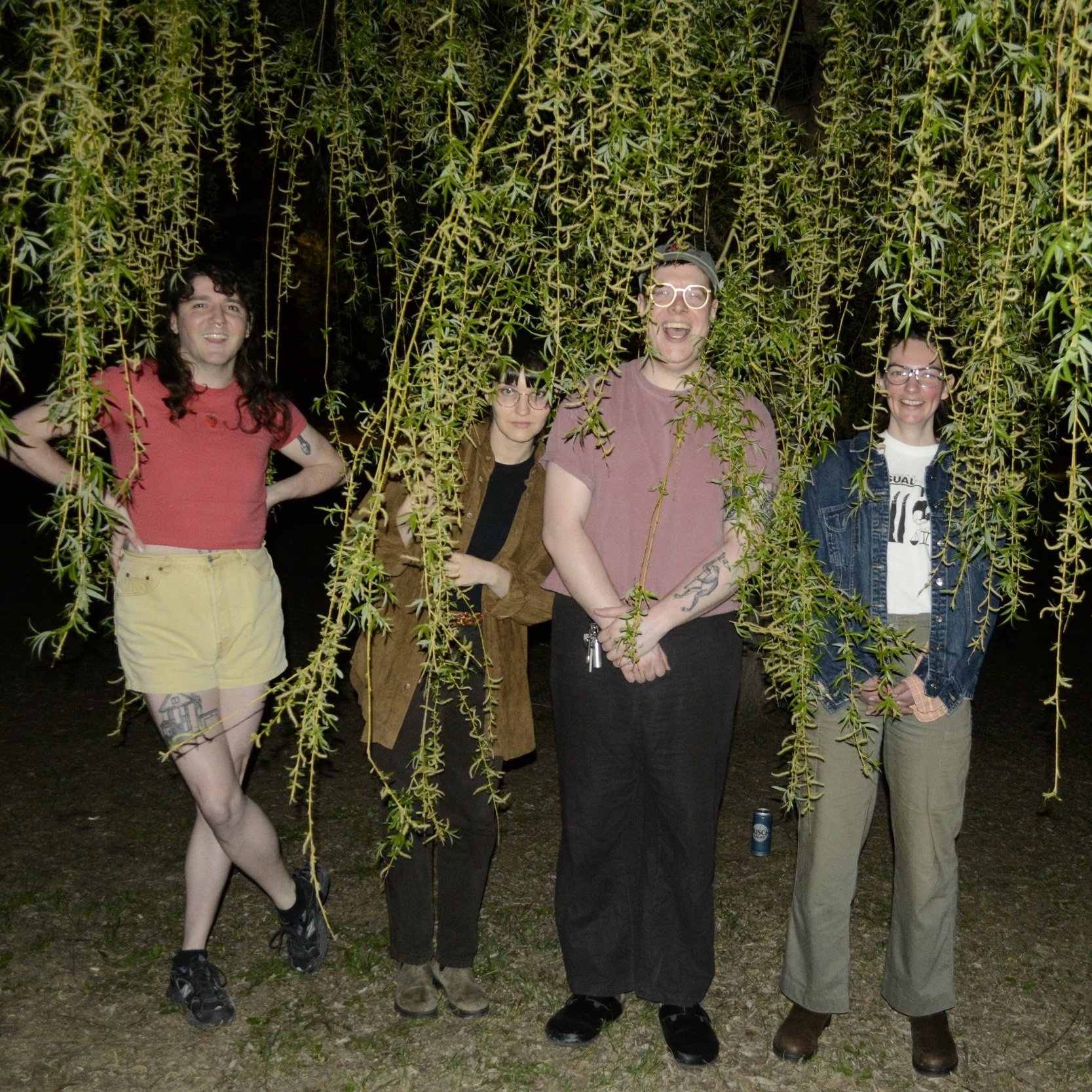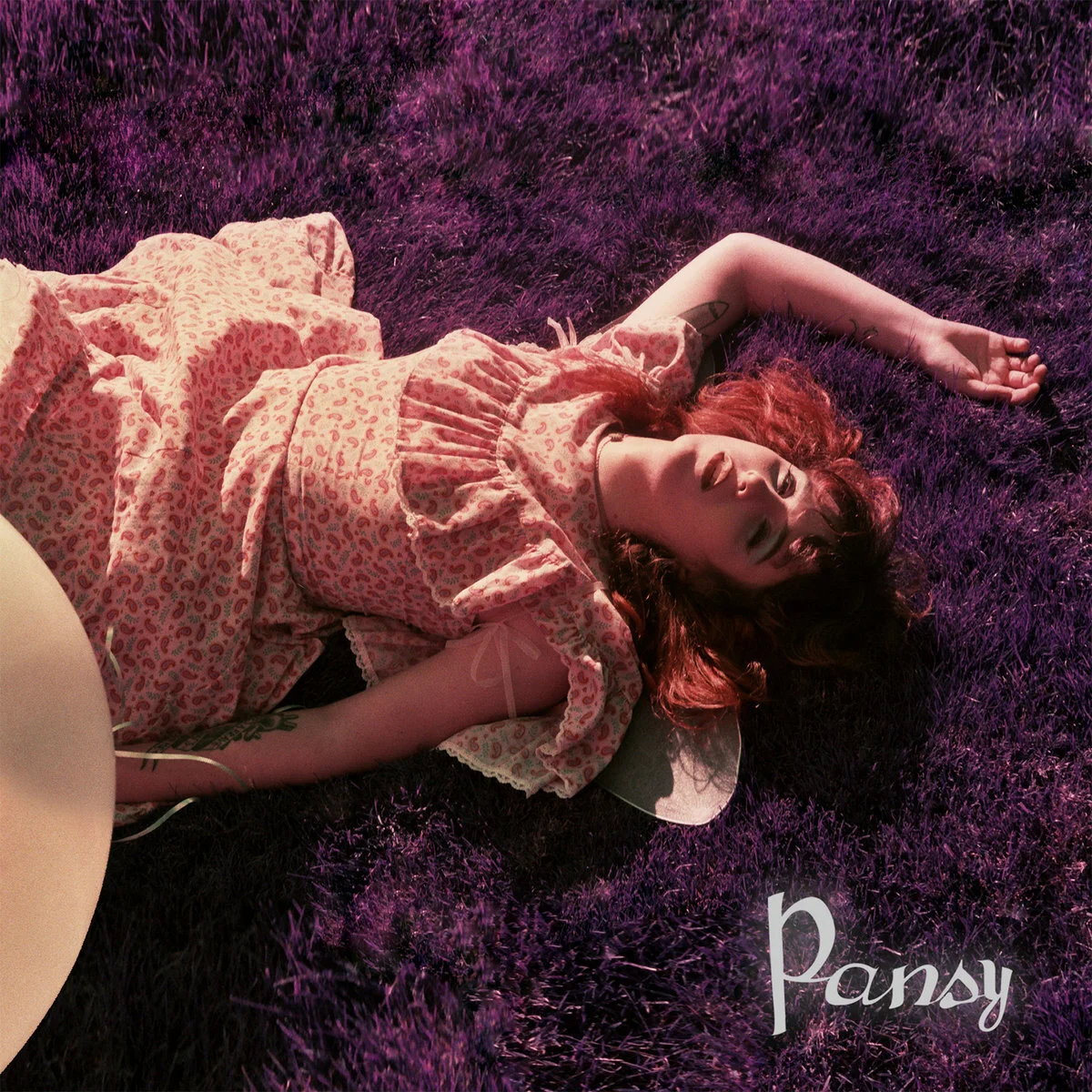Late Nite Laundry Makes a Mesmerizing Return with Self-Titled EP (Acrophase Records)
Late Nite Laundry by Charlie Young
Faced with the unavoidable turmoil of cancelled gigs and changing circumstances, Late Nite Laundry had no choice but to find their footing and start anew. The Chicago psychedelic soul band—composed of guitarist Ari Lindo, bassist and designer Emily Burlew, keyboardist, engineer, and producer Brenden Cabrera, and drummer Alex Santilli—has re-entered the scene with a crisp and noteworthy EP, Late Nite Laundry, out via Acrophase Records.
Featuring Lindo and Burlew on vocals, the EP hits a breezy stride as it flirts with elements of Brazilian jazz, bedroom pop, and R&B. Encompassed with a dazed warmth, its four tracks stand apart and—at once—melt together. Let Late Nite Laundry wrap you like a cozy plush blanket and sink into the richness of its sound.
Rebecca Judd for Also Cool: Stylistically, your band takes influence from a wide variety of genres and eras, which culminates in a warm and comforting blend of psychedelic soul. Which sonic inspirations did you reflect in this EP?
Late Nite Laundry: In 2020, we recorded and released a project titled The Michigan Tapes that we believe initiated our new sound. It was our first experience self-recording and producing, which we did in March 2020 soon after the world entered lockdown. We took those same practices and applied them to a more refined recording process over the last year [when making this new EP]. Although we are heavily inspired by many genres and bands as individuals, we rarely reference specific artists between ourselves. Instead, we are inspired by individual elements within our favourite music and [find that] each member brings a different flavour to the table.
Also Cool: Your band underwent a fundamental transformation with the disruption of COVID-19 – you’ve previously mentioned that it was a time to “rediscover [your] sound and smoothen [your] process”. Can you elaborate on the ways in which this time redefined Late Nite Laundry as a band?
Late Nite Laundry: Without shows to play in 2020, [our] band regrouped with writing and recording sessions. Previously, we had only experienced recording in a traditional studio format. After the first EP, we wanted to stress experimentation and expand on the production process. Since then, all recording, production and mixing is handled within the group. This has given us the space to push our creative boundaries, while also developing our skills and relationships with each other.
Late Nite Laundry by Charlie Young
AC: Among the changes you experienced throughout the past couple of years was a change in lineup, with Late Nite Laundry’s original lead singer leaving the group. Nonetheless, you previously identified a sense of synchronism between the four remaining bandmates that led you all to push forward. Were there any defining moments where you felt this connection, or was it a gradual ease?
LNL: Naturally, we think it took time to rediscover ourselves. We spent a lot of our initial meet-ups at the practice space writing new material and reworking old songs. A clear moment in our memories was when our song, “Fantasy”, was first written. During a home recording session for the track, Ari [Lindo] began writing lyrics and sang upward of 100 recorded vocal takes. This was a defining moment for the band, because at the time we had contemplated auditioning for potential singers. Releasing that song was a symbol of what we had become and it clearly established Ari as the new lead vocalist.
AC: I’m particularly interested in the duality of “Floating”, which closes the EP. There’s a feeling of one’s resurgence and contentment that soars past memories of a fragmented relationship. I found myself swept up with its instrumental jazzy vibrance and hungry for more all too soon. Which emotions and decisions went into this track, and how are those contrasted or connected with the rest of the EP?
LNL: This was one of the first songs first ever created for Late Nite Laundry. Ari started writing it in 2016, before the band began. It talks about Ari’s first relationship with his high school sweetheart, and it’s intended to capture the euphoric highs and deep pains that he associates with this time. Ari also has a special musical ability to weave into different styles.
This song really shows our indie styles on the choruses with the layered lead synth sounds, but subdues you with witty chord writing on the verses. The outro of the song has always felt like a different planet from the rest. Everything from psychedelic harmonious textures to Alex [Santilli]’s tasty drum fills, the ending ties in the sound that Late Nite Laundry truly represents. We feel like there’s examples of this in all of our songs.
AC: With this new release, what are your plans for re-introducing Late Nite Laundry to the world? Which directions are you next hoping to explore as a band?
LNL: Now that the EP is out, we are focusing our efforts on touring and promoting the project across North America. Outside of performing, we are a group that consistently writes and records. Naturally, there’s a lot of musical ideas flowing in our brains whether in demo form or just jammed out at the practice space. What we definitely look forward to the most is playing and making music. Sometimes, that means hanging in each other’s living room, jamming at the spot, or getting away to a cabin in the woods (like for The Michigan Tapes). We’re not sure what we will release or when, but our engines never seem to turn off.
Late Nite Laundry
Out November 4, 2022 via Acrophase Records
1. Hold
2. Sizzle
3. Hi, Can You Hear Me?
4. Floating
Written and recorded by Late Nite Laundry
Engineered by Brenden Cabrera
Mastered by Kelly Hibbert
Photo by Charlie Young
Album design by Emily Burlew
Late Nite Laundry
Instagram | Facebook | YouTube | Spotify | Bandcamp
Soundcloud | Apple Music | Website
Rebecca Judd is the features editor of Also Cool Mag.

